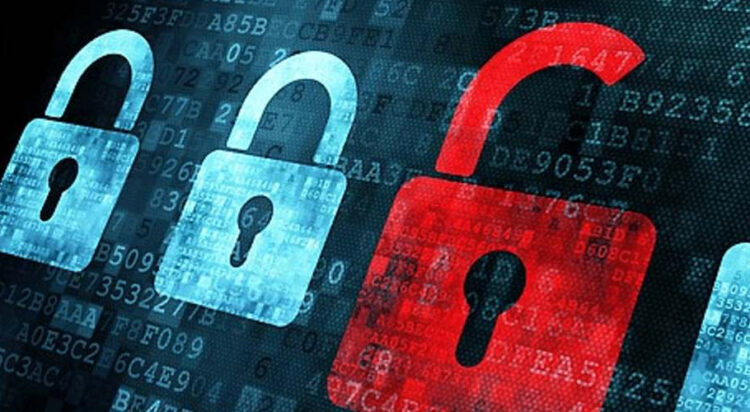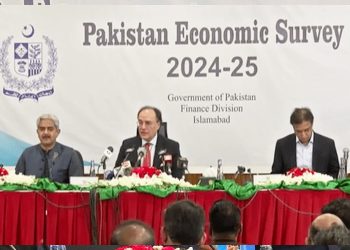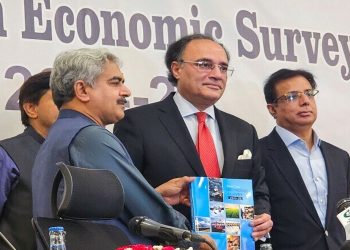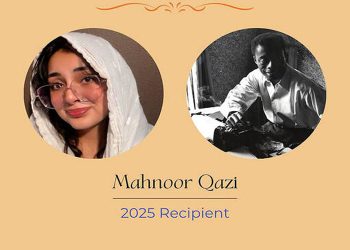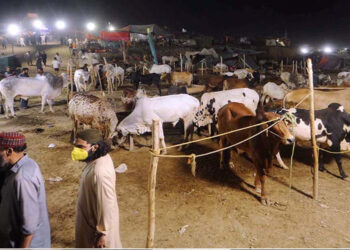With the introduction of a national firewall, Pakistan has joined nations like China, Iran, Turkey, and Russia in regulating internet content.
The firewall is likely equipped with “Deep Packet Inspection” technology, allowing authorities to scrutinize and potentially filter internet traffic based on its content. Content deemed undesirable by the government, such as hate speech, blasphemy, or criticism of the government, may be identified and blocked through keyword screening.
Moreover, Virtual Private Networks (VPNs), which some users have employed to bypass restrictions, will also fall under government regulation. This move signifies a significant step towards tighter control over online communication in the country.
According to the framework document, services will be categorized into three distinct groups:
Communication Services
This includes platforms facilitating communication, such as WhatsApp, Facebook Messenger, Emo, Skype, and Viber.
Application Services
This covers platforms like Facebook, X (formerly Twitter), various e-services, e-commerce sites, gaming services, and LinkedIn.
Non-Broadcasting Services
This category encompasses platforms like YouTube, Netflix, Spotify, and Video on Demand (VOD) services.







